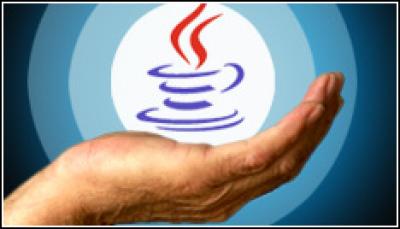What Oracle Means For Java

Oracle’s experience in Java could make it a better home for the technology than IBM, say insiders in the Java community
Oracle’s $7.4 billion acquisition of Sun Microsystems means a new home for Java, and Java is doing just fine. Java developers say they prefer Oracle’s stewardship of Java to IBM’s.
If Oracle succeeds in buying Sun Microsystems, Java gets a new home – and that could be just fine according to comments. If Sun could not remain independent, and since IBM dropped its bid for the system maker, the next best place for Java to land was Oracle.
Oracle is no stranger to Java and Java developers, and not only because of its Java-based middleware stack. Oracle has long supported Java with tools for developers and support in several industry attempts to advance Java and open technologies, such as Eclipse and other efforts that were not as successful. However, Oracle has done with Java what the company has always done best — gone its own way.
As industry observer Tony Baer said:
Now that it “owns” the origins of the Java stack, we expect Oracle to provide counterweight to IBM/Eclipse, but as mentioned earlier, it will be one [born] of nuance rather than religion. You can see it already in Oracle’s bifurcated Eclipse strategy, where its core development platform, JDeveloper, is not Eclipse-compliant, but the recently acquired BEA stack is. In some areas, such as Java persistence, Oracle has taken lead billing. Anyway, as Eclipse has spread from developer to run time platform, why would Oracle give up its position as a member of Eclipse’s board.
This also begs the question of what Oracle will do with the Sun NetBeans open-source development tools platform, which competes with the Eclipse platform.
Meanwhile, Mike Milinkovich, executive director of the Eclipse Foundation, said, “Oracle’s acquisition of Sun is unequivocally good for Java. Erasing uncertainty about the future of Sun as a business does the same for Java. Historically, Oracle has been a vocal supporter of a more open Java platform. Hopefully that will quickly translate into action on that front.”
Some developers agreed with Milinkovich’s assertion. Eugene Ciurana, a Java development guru and cloud computing enthusiast who had been leery of IBM acquiring Java, said, “I believe this is overall a very good thing for Java technologies. Oracle is more aggressive than IBM at marketing and they are more technology-savvy, plus they have the clout to fight IBM’s hegemony in the Java Community Process to speed things up. Bringing GlassFish into their offerings makes Oracle an option for small, medium and large companies deploying Java applications. Big clients will use WebLogic, smaller shops can have GlassFish … Overall, a better option than IBM for Java.”